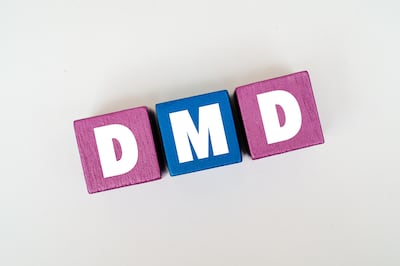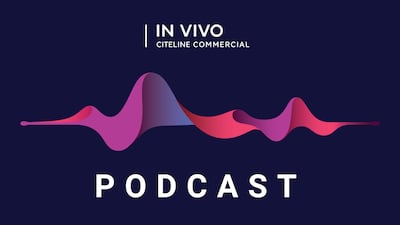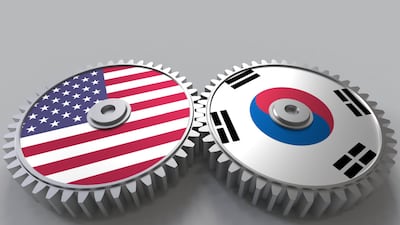C-Suite Speaks
As the race to transform Duchenne muscular dystrophy care accelerates, Santhera Pharmaceuticals’ chief medical officer Shabir Hasham discusses how treatment is evolving, why combination therapies may define the next era and what it will take to improve life for patients and families living with DMD.
Medable pivots to agentic AI targeting clinical development's 80% manual labor bottleneck, aiming to double CRA efficiency and unlock capacity for 9,000 waiting drug candidates.
From biotech experiments to billion-dollar breakthroughs, Noubar Afeyan has built a career out of turning bold ideas into transformative companies.
Pilatus Biosciences' Switzerland-Taiwan-US structure exemplifies how biotechs might navigate US-China tensions, leveraging Chinese manufacturing efficiency while maintaining American investor credibility and partnership opportunities.
The obesity field is entering the “sobering” phase of the hype cycle; GLP-1 drugs have opened the door but have limitations. Aphaia CSO Steffen-Sebastian Bolz talks to In Vivo about shifting the focus back to patient experience, not just maximal weight loss.
Industry warns healthcare infrastructure – not manufacturing – may be the real bottleneck as cell therapies eye mass-market diseases.
In this episode of the In Vivo podcast, Kairos Pharma's chief scientific officer discusses developing therapies to reverse drug resistance in oncology, with ENV-105 showing promising Phase II results in resensitizing hormone-resistant prostate cancer.
“Tubulis is not a single-asset company… It’s an innovation powerhouse,” said CEO Dominik Schumacher in an interview with In Vivo. He outlined the company’s clinical progress, funding momentum and how Tubulis will navigate the competitive biotech market in 2026.
Juby Jacob-Nara outlines her vision for expanding biosimilar uptake and leveraging policy changes to improve patient access.
Abivax reflects on a transformative year marked by landmark clinical success and ambitious plans for the future.
Launched in April 2025, Astellas’s Innovation Lab unites fragmented research units under Morten Sogaard to pursue focused indications, a dual-track R&D strategy and tailored partnerships that balance innovation, risk and collaboration.
Resmed’s CMO Carlos Nunez discusses the sleep giant’s continued push from medtech into healthtech and its efforts to fix what he calls a “broken pathway” to diagnosis and treatment for millions with undetected sleep apnea.
Aviv Regev is betting AI-driven drug discovery can transform Genentech's pipeline, with early wins validating her computational biology approach to pharmaceutical R&D.
Essential Pharma CEO Emma Johnson discusses the company’s strategic priorities and plans for growth as it expands its portfolio in rare diseases.
2026 is positioned as a breakout year for the psychedelic therapeutics sector, with multiple players expected to deliver defining Phase III results – creating momentum across the industry.
The recall of various Respironics sleep and respiratory care devices in 2021 plunged Philips into static growth and market share loss. Careful remediation is the group’s top priority, but S&RC head Dan Leonard is determined that the manner of its achievement will be the envy of the industry.
MediciNova and Coya Therapeutics are advancing ALS candidates as regulatory flexibility and Phase II pipeline concentration create a pivotal market inflection point.
Tris Pharma may be making headlines for its novel pain medication cebranopadol, but the New Jersey-based company's story extends far beyond a single asset.
The company’s approach leverages mPGES-1 inhibition to target both inflammation-related pain and lesion load. It is moving into a Phase II trial.
In the near future, “the US may no longer hold its position as the most important market,” says the CEO of a UK-based emerging biotech firm. Today’s biotech companies are shifting their growth strategies dramatically – moving away from reliance on a single dominant market.




















